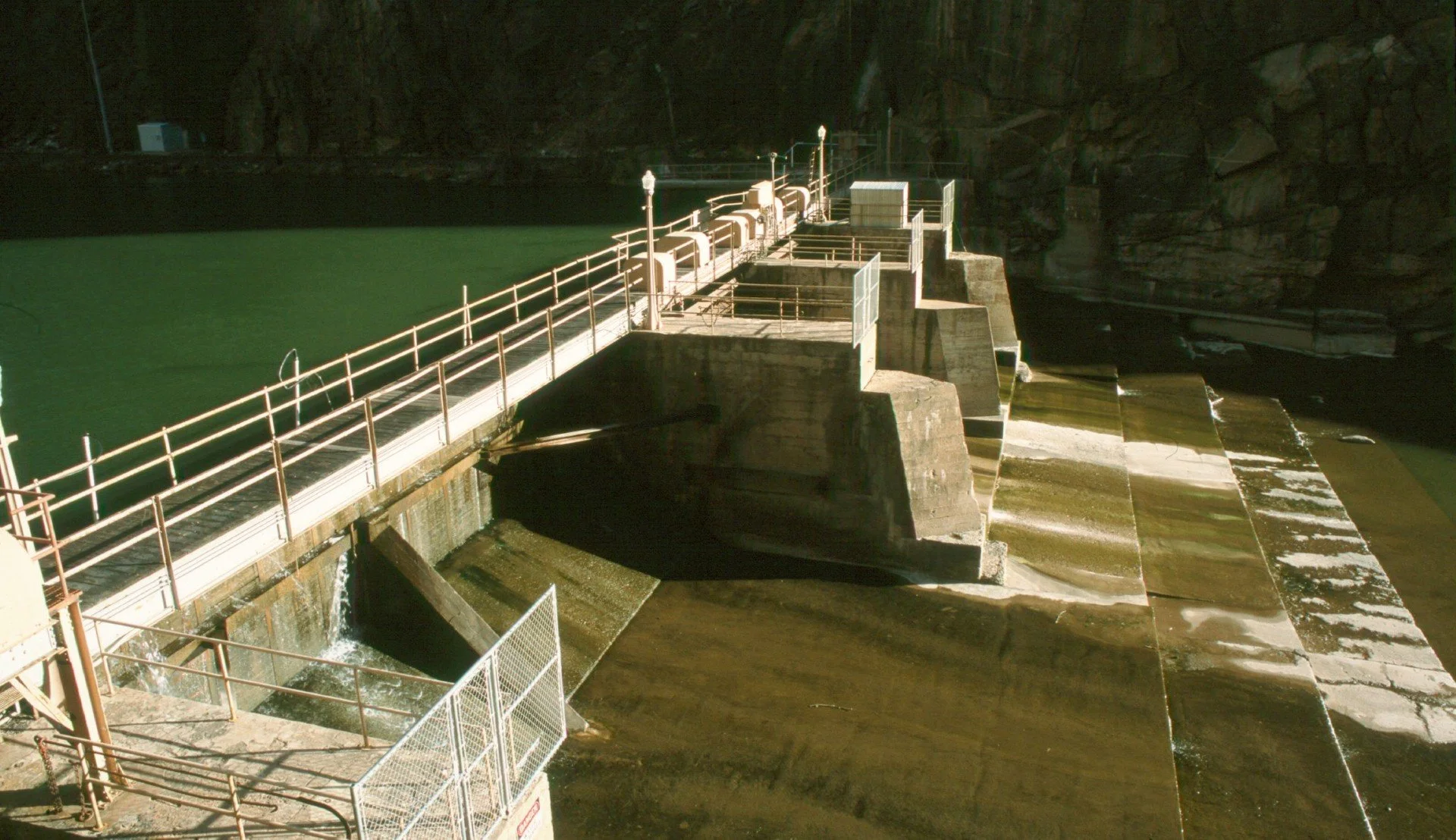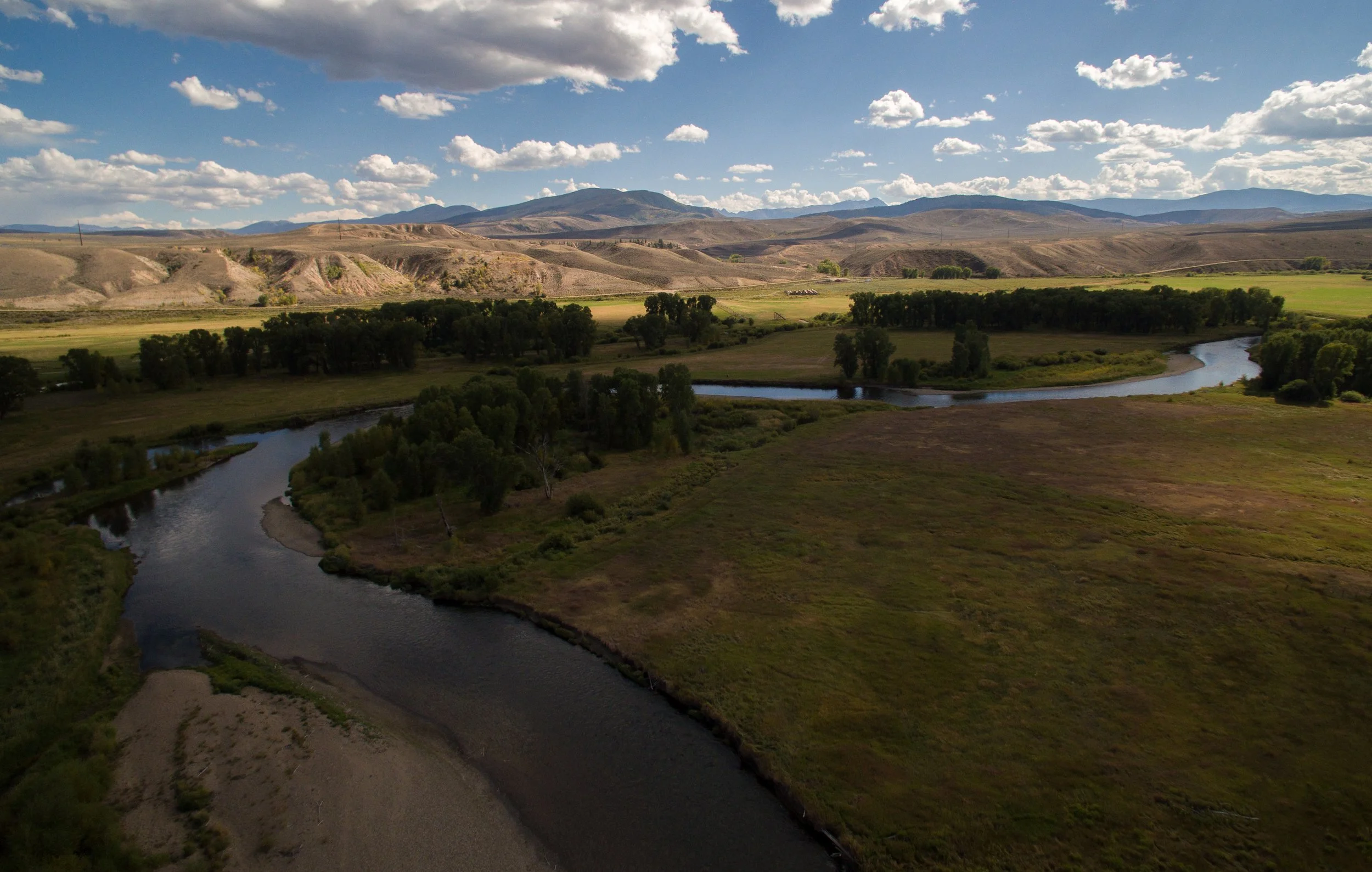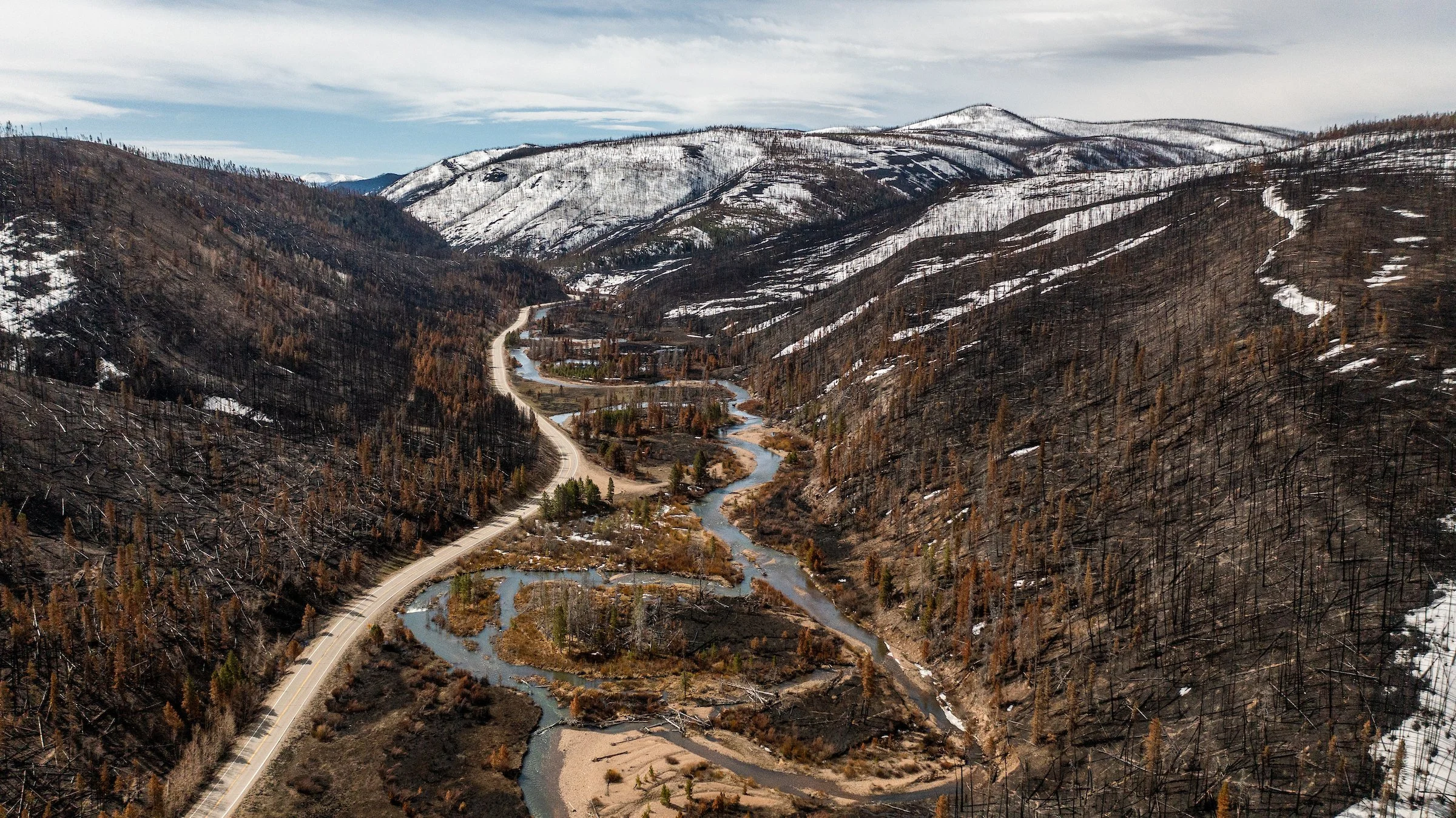[jalapeno-action:6920]
Colorado's biggest water project in decades under construction
PUEBLO — As much as 100 million gallons a day of Arkansas River water trapped in a reservoir for southern Colorado and downriver states is about to take a left turn — to Colorado's biggest water project in decades.
Construction crews this week began work on the $2.3 billion Southern Delivery System. It is designed to pump water uphill and north from Pueblo Reservoir — through a 62-mile pipeline — to sustain Colorado Springs, which owns the rights to the river water, and other growing Front Range cities.
Environmental groups "are generally satisfied," as long as Colorado Springs live up to its commitments to ensure appropriate water levels in the Arkansas River above and below the reservoir, Trout Unlimited water project director Drew Peternell said.
Huge amounts of energy required to pump water uphill, however, looms as "a greenhouse gas issue," Peternell said. "We'd encourage them to consider renewable sources" of electricity, he said.
Read more: Colorado's biggest water project in decades under construction - The Denver Post http://www.denverpost.com/news/ci_18110888#ixzz1NBzCScuo
Willoughby: Colorado water projects raise concern
Scott WilloughbyThe Denver Post
Representatives from Grand County, Trout Unlimited, Northwest Colorado Council of Governments, Colorado River Landowners and Western Resource Advocates expressed concerns over the proposals by the Northern Colorado Water Conservancy District to annually draw thousands of acre-feet more water from Windy Gap Reservoir for Front Range storage and by Denver Water to increase diversions through the Moffat Tunnel to an enlarged Gross Reservoir near Boulder.
Colorado River: ‘It shouldn’t be about power and money’
One challenge is measuring the effectiveness of proposed enhancement and mitigation, said Mely Whiting, of Trout Unlimited. “There are some minimum things that need to go into adaptive management,” she said. “Right now, there are no requirements for baseline monitoring. If you’re going to use (adaptive management) as a vehicle for mitigation, you have to have minimum elements … you need to have an enforcement mechanism that becomes part of the federal permit and you have to have public accountability. The public has to have the ability to say, “‘Hey, you’re not doing it right.’ You have to up the ante,” she said.
Trout Unlimited also says there needs to be more money in the mitigation pot to address future impacts and to ensure adequate resources for the long-term monitoring that will be needed. Read this Colorado Trout Unlimited blog post by Whiting to get a good overview of the issues from the conservation group’s perspective.
http://summitcountyvoice.com/2011/05/07/colorado-river-it-shouldnt-be-about-power-and-money/
Commission discusses proposed Moffat and Windy Gap project mitigation measures today
Together with the current Windy Gap and Moffat operations, the projects threaten to collectively reduce the Fraser River and Upper Colorado River to less than 25 percent of their historic flows, a press release from Trout Unlimited states.
TU members seek to encourage keeping more water in the streams to mitigate increasing stream temperatures, algae blooms and declines in fish populations, and are urging the public to attend the meeting to discuss the fate of the rivers. Guides and outfitters should also be present to discuss the economic impacts of dewatered rivers.
Anglers want insurance policy for Colorado River projects
Agreeing to adequate mitigation plans would be a way for Denver Water to live up to its recent statements that that it has acknowledged the impacts of its operations on West Slope streams and is committed to addressing those impacts, said Mely Whiting, with TU’s Colorado Water Project. “We think what we’re asking for is pretty reasonable,” Whiting said. “This is the only chance we’re going get to address some of these impacts. We need to have an insurance policy,” she added.
Whiting said the environmental studies for the Moffat and Windy Gap projects dealt with some of the anticipated impacts in a speculative way, and that there’s no way of knowing exactly how the increased diversions — planned during the peak flow season — will play out.
If the money currently earmarked toward enhancements is sufficient, great. But if not, there needs to be a pot of money in reserve to do the needed work, she said.
Specifically, Trout Unlimited said that significant restoration work and monitoring will be needed to ensure healthy aquatic ecosystems on the Fraser and Upper Colorado rivers. The group estimates that it will cost about $14 million for the needed work, yet only a fraction of that funding is included in the mitigation plans.
The group will also push to include specific monitoring plans to gather the scientific data that’s needed to make adaptive management work. River temperatures, fish populations and river flows have to be tracked carefully and on an ongoing basis, requiring a sustained commitment to science.
Trout Unlimited also wants the Front Range utilities to make a commitment to stop diversions when the water gets too warm or flows drop too low. Removing too much water from the river during runoff or during critical hot summer months raises stream temperatures and eliminates flushing flows that are needed to keep river ecosystems alive.
If flushing flows are not occurring or if temperatures rise above state standards, fish can die. Water providers need to make a commitment to stop diversions when stream temperatures approach state standards or if flushing flows are not occurring in accordance with the community-led Grand County Stream Management Plan. These commitments, combined with ongoing monitoring, are what is referred to by the concept of ‘Adaptive Management.'
http://summitcountyvoice.com/2011/05/05/anglers-want-insurance-policy-for-colorado-river-projects/
Quote Homepage
Colorado Water Agreement Hailed as Game Changer
Under Colorado’s complex water laws, Denver is legally entitled to the Colorado River water without all of the concessions in the agreement, and that’s partly why this proposal is being hailed as so historic. "In my experience of forty years of living on the west slope, this is a complete paradigm shift in the way the two sides have worked with each other," said Kirk Klanke, president of the Colorado River Headwaters chapter of Trout Unlimited in Frasier.
He added: "It’s always been us versus them, and this is a collaborative effort."
But Klanke said this proposed settlement doesn’t address all the concerns facing the Upper Colorado River, including diversions planned during high run off that he worries could negatively impact how much sediment is flushed downstream.
And then there’s the plan by another powerful Front Range agency, Northern Water, which like Denver Water, has also proposed to increase the amount of water it diverts to the eastern plains.
But Northern spokesman Brian Werner said expect a similar settlement to become public soon between his agency and western slope interests.
http://kunc.org/post/colorado-water-agreement-hailed-game-changer
East Slope-West Slope water agreement aims for 'peace in our time'
Kirk Klancke, president of TU's Colorado Headwaters chapter in Fraser, praised West Slope stakeholders for their push for river protections. “They realized that a healthy river is the basis for healthy communities and local economies,” he said. “They realized that if we don't save our rivers, we'll lose the heart and soul of this magnificent place.”
But the overall outlook of Colorado's Trout Unlimited is cautious.
“Some have called this deal a ‘global solution,' but it certainly isn't global in scope, as it does not address the future impacts of the pending Moffat and Windy Gap expansion projects,” said David Nickum, executive director of Colorado Trout Unlimited, in statements released on Wednesday. “Nor does it involve the single largest user of Upper Colorado River water —the Northern Colorado Water Conservancy District.”
http://www.skyhidailynews.com/article/20110428/NEWS/110429919/1079&ParentProfile=1067
Historic river accord gets governor's blessing
“We think the agreement is a great deal that does a lot of good for the Colorado River and is sort of a model for the way we ought to be dealing with water issues in this state going forward,” said Drew Peternell, director of Trout Unlimited's Colorado water project. But, he added, there are “some holes.” One of those is the fact that the agreement did not include the Northern Water Conservancy Project — a provider of water in northeastern Colorado and, as Peternell said, the largest diverter of Colorado River Basin water.
The other hole is concern over the Moffat project and how Denver Water might mitigate that diversion.
“The language of the deal is that they're not going to address it, and that still needs to happen,” Peternell said.
Trout Unlimited's stance on mitigation, he said, is threefold: One is that the base flows in the Fraser River need to be protected so that, during non-peak flow periods the water temperature doesn't increase so much that it harms fish. The next is that peak flows — when most of the diversion is slated to take place — is kept high enough to preserve some of the ecological benefits of that fast-running water. And third is that Denver Water should fund continued monitoring of stream conditions in the future to assess and mitigate any impacts.
“The Colorado Wildlife Commission is in the process of reviewing a proposed mitigation package for Moffat, and we encourage them to take a strong stance,” Peternell said.







